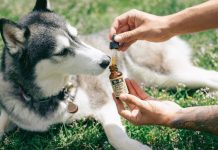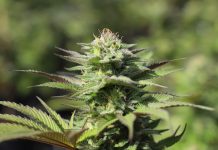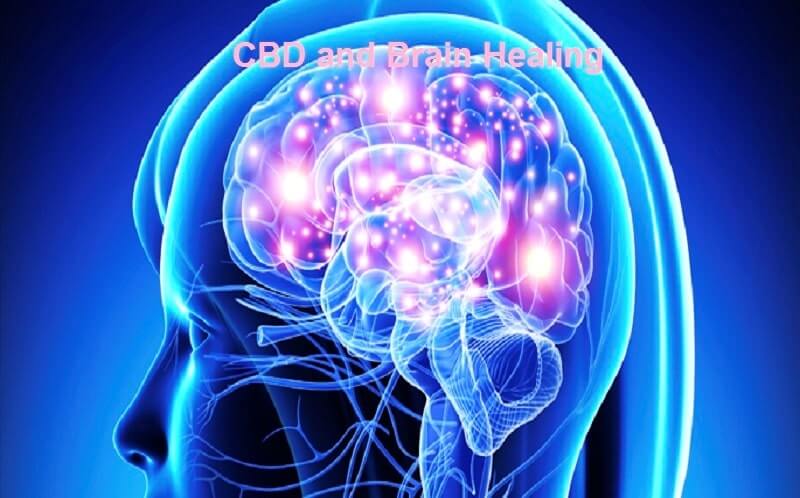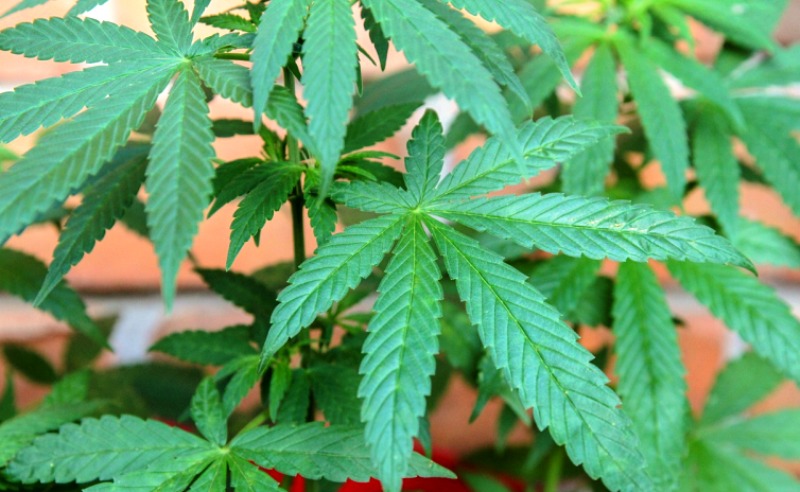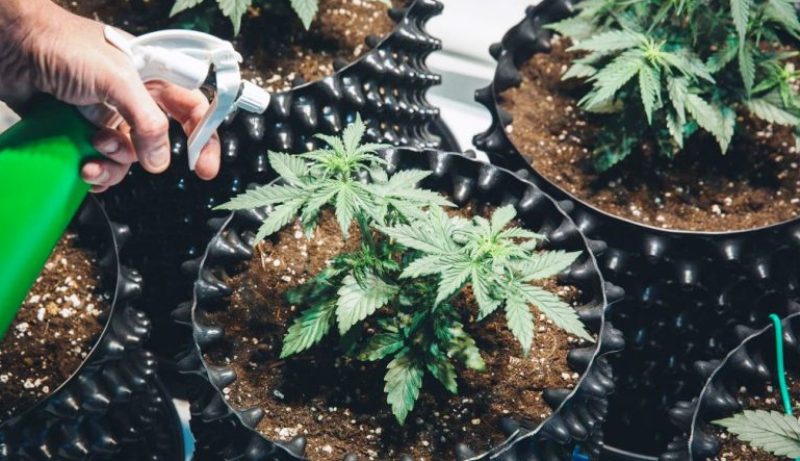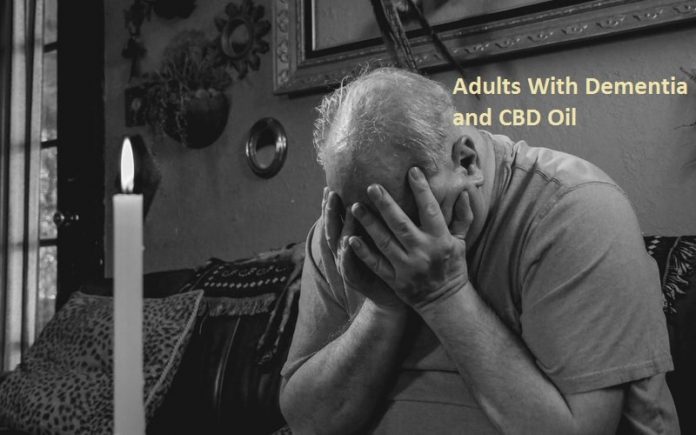CBD works best when taken before a diagnosis. This means that those who use CBD as a supplement may avoid symptoms for much longer.
The fear of losing our brains and memories is maybe one of the most frightening age-related problems. When we lose our memories from our lives, it’s as if we’ve died yet are still alive. It is very concerning to become a burden to our family. This may be one of the reasons why people are turning to hemp CBD oil and asking about CBD oil and dementia.
Hemp CBD oil is simply CBD oil derived from hemp, which is low in THC and thus lawful. It doesn’t make you feel euphoric or leave you incapable of driving or working. Because CBD has been shown to be a neuroprotectant, CBD oil and dementia are getting a lot of attention. We’ll explain what this implies and how it may affect dementia patients.
Many individuals are turning to CBD since it can be taken without a prescription, is non-addictive, and is a natural option with few to no side effects. If you’re on any other medicines, you should certainly talk to your doctor before using CBD oil. There are very few drug interactions with CBD oil, but since it is a blood thinner, you should tell your doctor if you intend to take it with your existing medicines.
Dementia is a frightening prospect
Dementia is divided into seven phases.
Stage 1 – The initial stage has no symptoms and is thus undetected
There is no way to tell whether someone develops dementia early on. However, if anybody in your family has had it, you are at a higher risk.
Stage 2 – Only a smidgeon of memory loss
This is often misinterpreted as typical aging problems like forgetting where your vehicle keys are, misplacing your eyeglasses, and so on.
Stage 3 – This is the stage at which dementia may be diagnosed
Patients will begin to forget things like cleaning the house, paying bills, and more serious issues that can affect their credit, having utilities turned off, and even forgetting to agree to go out to lunch and being completely surprised when someone arrives to pick them up for a lunch date.
Lack of capacity to answer simple issues, perform basic arithmetic, remember how to write checks, forget their way to locations they’ve been a thousand times, and so on are all signs of cognitive decline. When questioned, patients may get angry and combative about memory problems, refusing to acknowledge there is a problem.
Stage 5 – Patients with this stage of dementia may need assistance with everyday activities such as eating, cooking, bathing, and more. People need to be watched more closely because they will forget to turn off ovens and conduct possibly hazardous things.
Stage 6 – This stage is marked by memory loss. People may lose track of their own life, loved ones’ faces, which they are, where they came from, and so on.
Stage 7 – Dementia in its latter stages is terrible
Time is irrelevant, and many patients lose their capacity to communicate. At this stage, walking, toileting, and other activities will need assistance.
Moving through all of the phases may take anything from 4 to 20 years. Unfortunately, the majority of patients develop dementia and die in less than eight years. It is determined by the patient. Although there is no treatment for dementia, CBD has proven to be effective in delaying its progression.
Dementia and CBD
CBD protects the nervous system. It enters the body and covers neuronal connections in a protective armor that protects them from being damaged. Both dementia and Alzheimer’s disease wreak havoc on the myelin that coats brain connections.
CBD preserves this myelin, allowing it to withstand the damage for far longer than it would if left alone. Patients were compared side by side, some taking CBD and others not, and it was shown that those who took CBD were able to halt the disease’s development and mental degeneration.
Dementia sufferers may also be violent at times. It seems to be a frequent occurrence, and patients have little to no control over their aggressive behavior. CBD may assist to regulate emotions and providing some equilibrium, resulting in less furious outbursts. These aids family members who are caring for dementia patients at home.
When CBD is used before a diagnosis, it has the most effect. This implies that individuals who add CBD to their diet as a supplement may avoid the symptoms for much longer. Once the illness has progressed, it is more difficult to slow it down, and much more difficult for families to prevent their loved one from being admitted to a nursing home with a dementia unit.
Last Words
Using CBD while you’re still healthy has the ability to help prevent the illness from taking hold, and it doesn’t come with many risks. When there is a family history of dementia or Alzheimer’s disease, many individuals turn to CBD. Because CBD has so many advantages, it may be used for a variety of things, including preserving your memory and mental abilities for much longer than you would without it.


